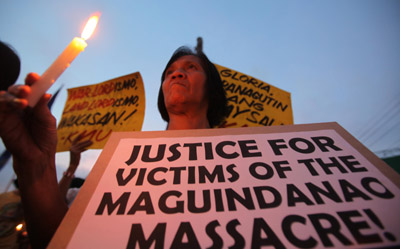Attacks on the Press in 2010
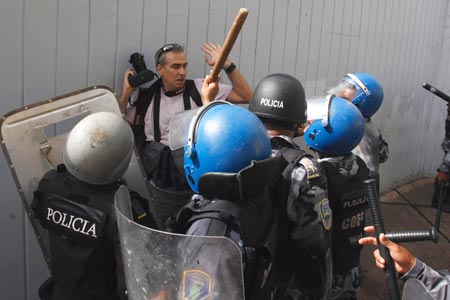
Attacks on the Press 2009
A Worldwide Survey by the Committee to Protect Journalists Table of Contents Preface by Fareed Zakaria Introduction by Joel Simon Journalists Killed Journalists in Prison Regional Analyses AFRICA: In African hot spots, journalists forced into exile AMERICAS: In the Americas, Big Brother is watching reporters ASIA: As fighting surges, so does danger to press EUROPE…
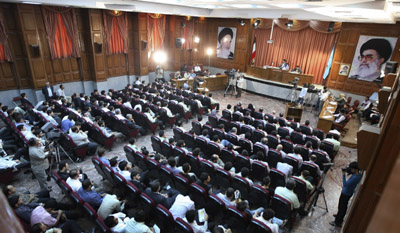
Attacks on the Press 2009: Preface
By Fareed Zakaria Toward the end of his 118-day ordeal inside Tehran’s Evin prison, Newsweek reporter Maziar Bahari had a bizarre exchange with his interrogator. Bahari had been held in solitary confinement since his arrest after Iran’s disputed presidential election in June; he had been subjected to near-daily beatings and interrogation sessions that stretched for…
Attacks on the Press 2009: Introduction
By Joel Simon Does “name and shame” still work in the Internet age? After all, the massacre of 31 journalists and media workers in the Philippines pushed the 2009 media death toll to the highest level ever recorded by CPJ. The number of journalists in prison also rose, fueled by the fierce crackdown in Iran.
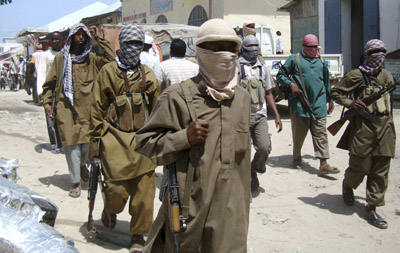
In African hot spots, journalists forced into exile
By Tom Rhodes High numbers of local journalists have fled several African countries in recent years after being assaulted, threatened, or imprisoned, leaving a deep void in professional reporting. The starkest examples are in the Horn of Africa nations of Somalia, Ethiopia, and Eritrea, where dozens of journalists have been forced into exile. Zimbabwe, Rwanda,…
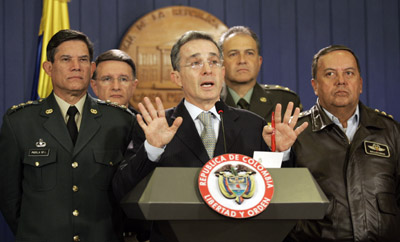
In the Americas, Big Brother is watching reporters
By Carlos Lauría The topic being investigated by two Colombian reporters was explosive enough that it required unusual security. Fearful that the subjects would learn prematurely of the story, the reporters took separate notes, which they did not share and which they later destroyed. They didn’t communicate by telephone or e-mail, and they met only…

As fighting surges, so does danger to press
By Bob Dietz As the United States redeploys forces to Afghanistan, and the Pakistani military moves into the country’s tribal areas, the media face enormous challenges in covering a multifaceted conflict straddling two volatile countries. Pakistani reporters cannot move freely in areas controlled by militants. International reporters in Afghanistan, at risk from kidnappers and suicide…
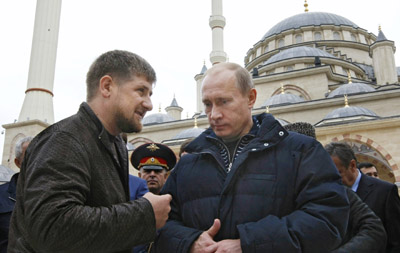
Why a killing in Chechnya is an international issue
By Nina Ognianova The day before, Natalya Estemirova had seen off two colleagues from Moscow. Yelena Milashina, a reporter with the newspaper Novaya Gazeta, and Tanya Lokshina, an advocate with the international group Human Rights Watch, had traveled to Chechnya on separate assignments. Like many visiting journalists and human rights defenders, Milashina and Lokshina had…
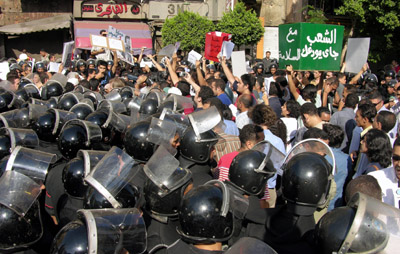
Human rights coverage spreads, despite government pushback
By Mohamed Abdel Dayem and Robert Mahoney The media in the Middle East loved the Intifada. Every detail of Israel’s violations of human rights in the late 1980s in the West Bank and Gaza appeared in the Arabic and Farsi press. The governments that owned or controlled these media outlets loved it, too. When pan-Arab…
Attacks on the Press 2009: Afghanistan
Top Developments • Government tries to curb reporting on Election Day violence. • Abductions target foreign reporters, endangering local journalists, too. Key Statistic 20: Years that Parwez Kambakhsh would have spent in jail on an unjust charge. He was freed in August. Deepening violence, flawed elections, rampant corruption, and faltering development provided plenty of news…
